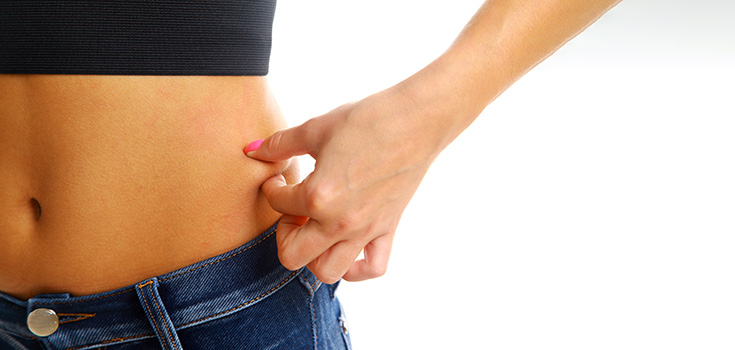How to Effectively Combine Exercise and Nutrition for Optimal Weight Loss

When it comes to shedding the highest amount of pounds and keeping them off for good, cardio training is the ideal approach. Not only that, but engaging in cardio training on a regular basis decreases the chances of heart-related problems, prevents colds, lessens stress, improves sex life, boosts stamina, and much more.
Nevertheless, relying solely on cardio to achieve weight loss can prove futile. In fact, you need to back your cardio weight loss program with the right diet. Otherwise, the sweat is for nothing. Therefore, if you’re looking to the get the most out of each cardio session while losing the weight, and keeping it off for good, here are the eating principles you should abide by.
Don’t Shock Your System
Most fitness enthusiasts make the mistake of revving up on the cardio while skipping meals as a way of speeding up the weight loss process. Opting for this approach can spell disaster on your weight loss program and health status.
Meal skipping slows down metabolism levels and increases the chance of overeating and binging later on in the day. In addition, failure to address your energy needs will turn your workouts into a living nightmare, thus leading to decreased performance, extreme fatigue and other serious health troubles.
As a result, you need to properly address your nutritional needs. The perfect eating guideline is to eat frequently throughout the day. The ideal eating pattern is to consume 4-5 small meals, 3-4 hours apart. Never skip a meal—especially breakfast. By doing so, you ensure the constant delivery of nutrients into your body and keep metabolism levels running high, thus you’ll enjoy each workout and achieve staggering consistency.
Keep a Food Diary
To lose weight for good, you need to develop healthy life-long eating habits, and the best way to do that is by using a food diary. A food diary can help amazingly with your weight loss program. By opting for one, you’ll be taking the guess work out of your training and know exactly what to change in order to get the desired results. You’ll become your own detective on what works best and what doesn’t.
The main function of a food diary is to keep track of every calorie you put into your mouth. By doing so you’ll become crystal clear on your eating habits and will be able to pinpoint exactly where any disservice is occurring.
Too many people don’t succeed in their goals simply because they fail to recognize negative unconscious habits. A food diary will help you bring to consciousness your eating habits and change them for the best.
In addition, you can also use a food diary to plan daily calorie intake. While performing cardiovascular exercise, your body will need some carbs for energy, lean protein for muscle building and recovery, and healthy fats such as eggs and avocadoes.
Failure to address these energy needs will hamper your performance and may lead to injuries or a painful workout. Luckily you can use the food diary to make sure that you never fall into such pitfall.

I am 57 and on a mission to change my lifestyle. So far I've tried every diet in which I have failed. When I tried Medifast by eating 5 mini meals it worked somewhat. Now I'm taking the step to replace 5 mini meals with real unprocessed foods plus lean protein which is working out, however I strongly agree that u need to keep a daily journal to keep u honest.
PS- Thank you for all of your free advice. It is a pleasure to read your website and much needed!
Thanks to Mr. Dack!
When we are in a weight loss programs we used to become more conscious and strict in case of choosing diet and foods; always prefer less cholesterol and calorie free diet. Most of the cases we have found that apart from diet and recipes we should be conscious on physical workout programs that help to burn extra amount of fats and pounds. So a balanced diet with proper nutrition and regular physical workout plans are help to lose weight effectively.